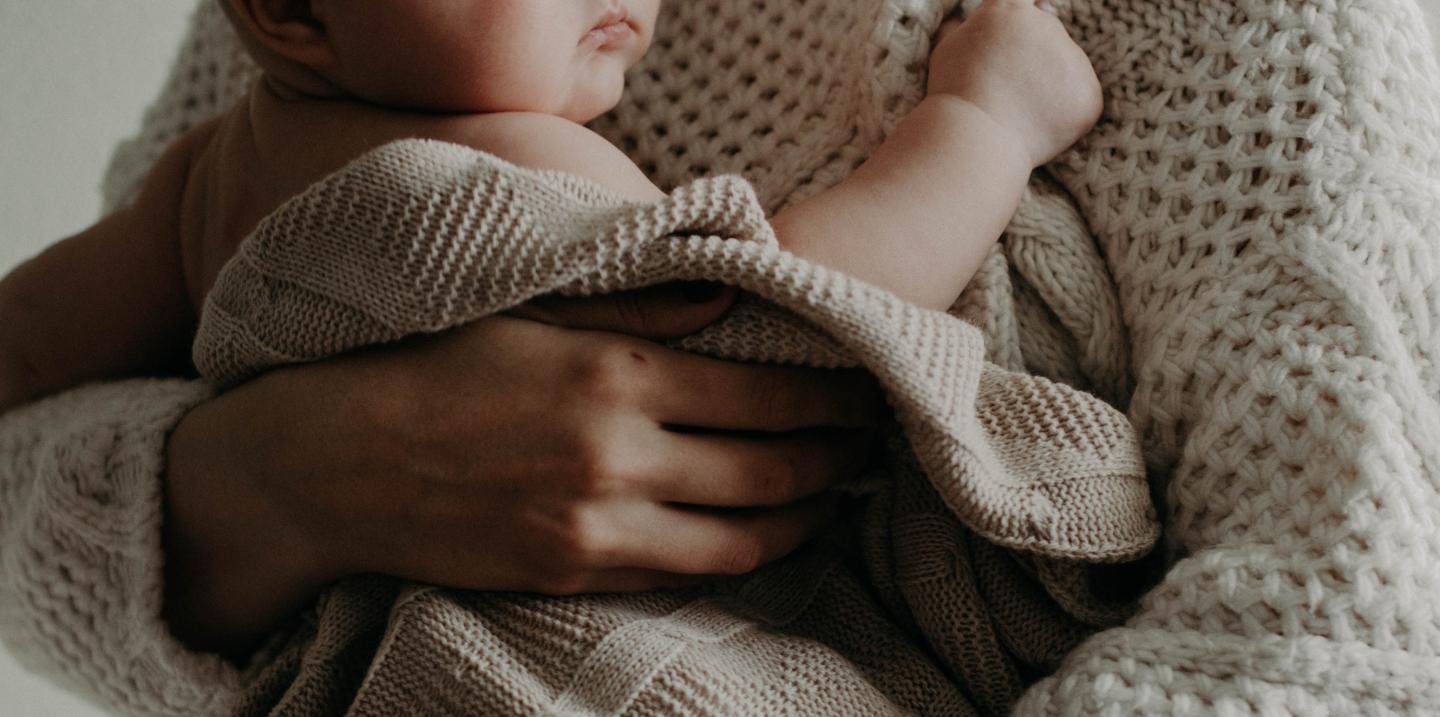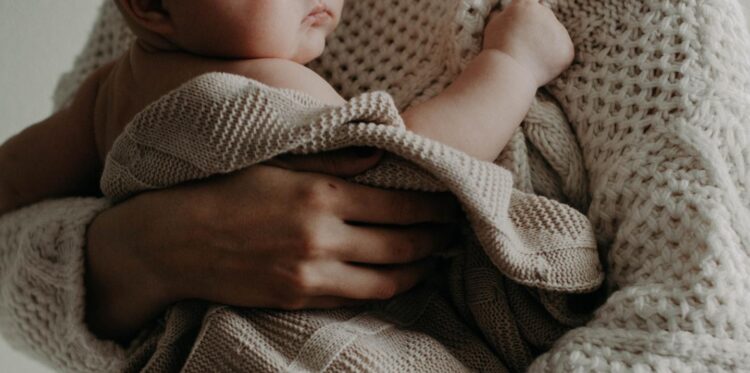
Credit: Creative Commons via Upsplash
Michigan State University researchers have received a $3.8 million grant from the National Institute of Child Health and Development to advance research on the effects of prenatal and postnatal stress on child psychopathology.
The Prenatal Stress Study, which first began in 2016, is the first study of its kind. The researchers will monitor pregnant women and their children until the children reach the age of 4, monitoring closely for early markers of psychopathology, specifically, depression, anxiety and impulsivity.
“What we are doing that is unique is assessing prenatal stress at every week of pregnancy as soon as women enroll in our study, which typically is at 15 weeks,” said Alytia Levendosky, MSU professor of psychology, and one of the principal investigators on the study. “We hope to pinpoint effects of prenatal and postnatal stress on children’s self-regulation, development and mental health problems, as well as measure mother-child relationship qualities.”
The research team – which includes fellow investigators from MSU, Anne Bogat and Joseph Lonstein, both professors of psychology; Maria Muzik, associate professor of psychiatry at Michigan Medicine; and co-investigator Amy Nuttall, assistant professor of Human Development and Family Studies at MSU – currently has nearly 380 women who have completed the first stage of enrollment.
A growing body of research suggests that prenatal stress may determine various aspects of physiology and brain development in infants, particularly emotion and learning skills, Levendosky said. Preliminary findings take the research even further.
“We found associations between the timing of prenatal stress and maternal mental health and infant outcomes — specifically, maternal cortisol reactivity at 15 to 17 weeks prepartum is related to depressive and PTSD symptoms later in pregnancy,” Levendosky said. “Since the early data from our current grant support the differential effects of timing of prenatal stress on relevant outcomes, we are confident that we have a strong foundation on which to build our proposed project.”
Levendosky said that while many experts agree that the prenatal period is critical for a baby’s brain development, it is doubtful that every stage of pregnancy is equally susceptible to the negative effects of prenatal stress.
“The brain does not develop uniformly, so some parts of the brain are more sensitive during certain points of fetal development than others,” Levendosky said. “By tracking prenatal stress every week as soon as women enroll in our study, we can capture variations in real time.”
Women participating in the study complete a 20-item online questionnaire each week assessing their stressors and perceived stress levels. Additionally, at three points during the pregnancy, women complete questionnaires in the lab about social support, mental health and pregnancy health-related behaviors. During each lab visit, researchers collect a saliva sample before and after participants complete a stress task, which the researchers examine for analytes linked to the parts of the nervous system.
The mothers’ mental health is assessed one month postpartum and at regular intervals thereafter. When infants reach 6 months old, researchers examine both behavioral and physiological reactivity by coding infants’ fear and anger in response to two different stress tasks. Researchers also examine mother-infant interactions.
The researchers hope to report preliminary data for the new phase of the study in 2021.
###
Media Contact
Caroline Brooks
[email protected]
Original Source
https:/





